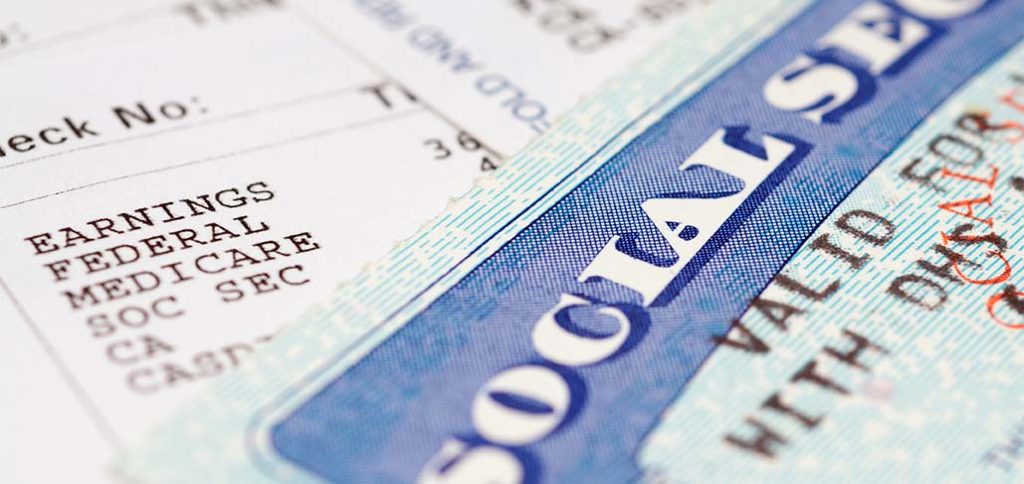Many of our retired members often ask whether the so-called social security double dipping laws will ever be repealed or amended. At this time, we regret to report that the outlook is not favorable.
The WEP and GPO are federal laws that reduce social security benefits for retirees of public retirement systems in states like Massachusetts where the public employees do not contribute to social security.
We are often asked why these federal laws were implemented. Here is a layman’s explanation:
GPO (enacted in 1977) – under the so-called dual entitlement rule, if both spouses in a couple work in positions where they contribute to social security long enough to qualify for their own social security benefits, they only receive the greater of their own social security benefit, or their social security spousal/survivor benefits, not both (a 100% offset). The GPO is intended to replicate this rule for couples where one spouse worked in a position covered by social security and the other worked in a non-covered public sector position, such as an MTRS retired teacher. In this case, under the GPO, social security reduces the MTRS retiree’s social security spousal/survivor benefit by 2/3rds of the amount of the MTRS pension (a 67% offset).
WEP (enacted in 1984) – under the regular social security benefit formula, low-wage workers receive a larger percentage of their average career earnings than high-wage workers. When the WEP was passed by congress, it was common for public sector workers, including teachers, to earn their social security credits from a second part-time job. In that case, since they only paid the FICA tax on the second job, they appeared to be low-wage earners and social security determined that, due to the advantage for low-wage workers in their formula, these public employees who also received public pensions, were getting a “windfall” from social security. This law failed to consider that many public employees enter public service mid-career, and thus, do not receive full public pension benefits. Unlike the GPO, the reduction in social security benefits under the WEP is not based on the amount of the retiree’s public pension. Rather, it is based on an alternate formula, for which the Social Security Administration provides an online calculator: Benefits Planner: Retirement | Windfall Elimination Provision (WEP) Online Calculator | SSA.
Attempts to repeal and/or reform WEP and GPO – All prior attempts to repeal the GPO have failed to garner sufficient support in Congress, primarily due to its alignment with the dual entitlement rule. On the other hand, the inequities in the WEP have long been acknowledged by members of Congress. However, only a minority of states are impacted by the WEP because public employees in most other states not only pay into their state pension plans, but also pay the FICA tax for social security. Thus, despite ongoing efforts to amend the WEP, there have not been enough votes to pass the measure.
The most promising bipartisan attempts have been made in the past few years by former House Ways & Means Chair, Congressman Richard Neal (D-MA) and former ranking member, Congressman Kevin Brady (R-TX). However, due to unresolved issues around funding and full repeal versus amending the WEP, the measure failed in the 117th Congress ending on January 3, 2023.
The MTRS continues to track this issue and supports the ongoing efforts to bring relief to our retired members.
